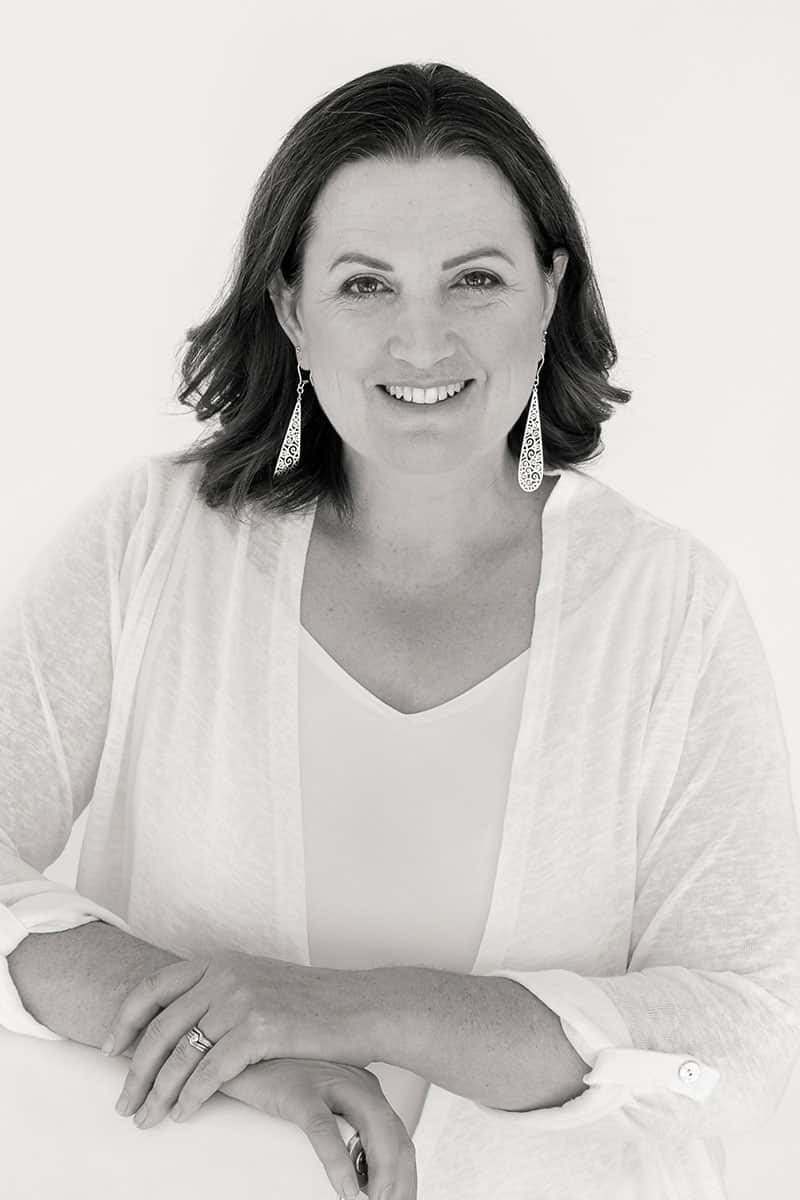For Kate Milburn, Umbrella’s newest team member, psychology always simply made sense. Throughout her schooling, she enjoyed science and people, so “psychology provided the lens to get the best out of both”.
Now, more than two decades later, she’s as certain as ever of her decision. Over that time, she’s enjoyed a long career in the New Zealand Army (both in the Regular Force and Reserves) as an organisational psychologist, then working in a range of leadership roles for the New Zealand Police. Back at New Zealand Defence Force (NZDF) headquarters, this time out of uniform, she ran the “Wāhine Toa” programme, an initiative aimed at enhancing the careers and connections of women in the military (see below).
Kate is delighted to bring all she has learned from her years as an organisational psychologist to Umbrella as our new Customer Relationships Lead, working with stakeholders and clients to create optimum wellbeing for employees. “I firmly believe when people are well, they perform at their best. Often companies call in specialist advice when they need an ambulance at the bottom of the cliff – I’m excited about supporting businesses to not need so many ambulances!”

Some of that comes down to supporting culture change – an area, with her experience at the NZDF, in which Kate has a keen specialty. “I use an analogy, that people often see culture problems – especially around gender – as all connected into one big concrete pillar and they are waiting for a giant wrecking ball to smash it to pieces because it’s so big. But I don’t see it like that.
“I see it as a mountain of tiny individual pebbles of problems. I say to people, ‘Go and find the pebble you can move, and take it out of the pile’. If we all do this, the pile gets smaller. I love working with people to find what pebbles they can move – and I love the challenge of working with people who are unconsciously throwing pebbles back onto the pile!”
An Aucklander by breeding – in South Auckland’s Kawakawa Bay, to be exact – Kate now lives with her husband and two young children up the Kāpiti Coast. She loves that Umbrella allows her to work flexibly, four days a week. “Flexible working is one of the key enablers of gender equity. I feel incredibly grateful to have that opportunity as it means I can balance my work with my passions outside work.” Those passions include volunteering on the board of Big Brothers Big Sisters (a youth mentoring programme) and “dabbling in social tennis”. Her family has also fostered children in the past, and she has taught resilience skills in schools.
It’s safe to say, Kate Milburn is all about building strength. “When we talk about ‘being resilient in a crisis’, we often think about sustaining business outcomes and bouncing back economically. But the reality is you can’t do that if you haven’t supported your people to be resilient. One of my key strengths is I’m a networker – I enjoy sitting down and have great conversations, connecting people and encouraging them to be more curious. Basically, I love helping people be good humans.”
Wāhine Toa: Making changes for women in the New Zealand Defence Force
Kate ran the New Zealand Defence Force’s “Wāhine Toa” programme from 2020. It’s designed to enhance the participation of women in the services, and make the male-dominated armed forces more aware of the issues women in uniform face, initiating changes to attract more women to enlist and, importantly, stay on, rising up through the ranks. Among the programme’s achievements chalked up to make women feel more welcome and valued in the military include the NZDF adopting the United Nations Women’s Empowerment Principles – the first military in the world to do that.
“I’m very pleased with all that’s been achieved with Wāhine Toa, especially in terms of creating employee networks,” Kate says. “Networks are important because they help people feel connected and create a better sense of belonging. That’s particularly important when you look at gender across organisations like the NZDF and the NZ Police. In the NZDF’s civilian workforce there’s a greater proportion of women than in the military workforce, but they are often in lower paid positions, and women in minority groups are still very unrepresented.”
In a 2019 diversity and inclusion report, just under a fifth (18%) of Regular Force military members were female, and almost a quarter (24%) across the total NZDF workforce (Regular Force plus civilian staff) were female. Kate says that because there aren’t that many women in the military workforce (in uniform) they just aren’t visible, and that gets worse higher up the command chain.
“Only 13% of senior positions are filled by women. And if you look for Māori and Pasifika, there just aren’t the numbers. I’d love for women to join the military, to look up the ranks and think, ‘They’re just like me, so I can do that’. I want them to know there are women they can talk to all the way up the command chain, and that their experiences as women are normal and shared, so they feel included not excluded.”
For anyone saying, “What about the men?”, there’s also programme for men – “Tāne Toa”. “We can’t assume that because there are lots of men in the NZDF, they have everything they need. And part of that work is supporting men to be gender allies. Women’s rights are human rights, and research shows that where you improve conditions for women, you improve it for all marginalised groups. Nine out of ten times you’ll also improve things for men.”


